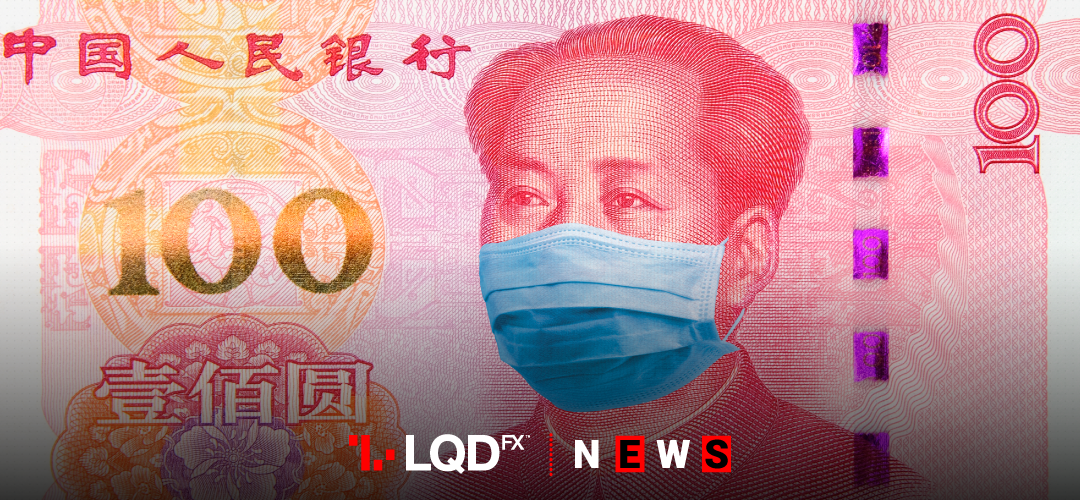Fears of a pandemic are already affecting global economies and investors’ sentiment remain fragile about the economic impact of Cororonavirus.
China’s economy heads for recession and the country is still suffering the trade war effects. The world’s second biggest economy grew at its slowest pace in nearly three decades last year. An outbreak of a new and deadly Cororonavirus is the last thing it needs.
Chinese authorities have stepped up efforts to curb the spread of the virus, imposing stiff restrictions on travel and movement of people. Many of the largest Chinese cities in central Hubei province, where the flu-like virus originated late last year, are already on lockdown.
Scores of Chinese are cancelling travel plans during the Lunar New Year, normally the busiest tourism season, while businesses in many cities have shut down.
The coronavirus has spread to more than 10 countries. So far no fatalities have been reported outside of China.
Further, Officials from the U.S. central bank are scheduled to meet on Tuesday and Wednesday. They are expected to reiterate the Federal Reserve’s desire to keep rates unchanged at least through this year.
The Bank of England announces a policy decision on Thursday that many analysts say is too close to call. Dovish comments from BoE policymakers have fuelled some expectations for monetary easing. But improving economic data has cast doubt on this view.
START TRADINGForex – Markets eye economic impact of Coronavirus
Currency markets were relatively subdued on Tuesday as some investors retreated to the side-lines before a U.S. Federal Reserve meeting.
The U.S. dollar held at an 8-week high against its rivals as investors focused on the economic impact of a new coronavirus in China. Against a basket of its rivals, the dollar rose 0.1% to 98.01, its highest level since early December and taking its gains so far to 1.7%. The U.S. dollar was little changed at $1.1023 per euro, close to its strongest since December.
The yen considered a safe haven, traded near a three-week high versus the dollar as investors nervously watched the death toll from the virus climb to more than 100. The Japanese currency held steady at 108.97 per dollar, close to its strongest level since Jan. 8.
The Australian dollar and its New Zealand counterpart led losers against the greenback, falling 0.2% and 0.1% respectively though both those currencies were off early lows. Both countries have extensive trade ties with China, with tourism and education especially vulnerable to disruption from the virus.
The Swiss franc also benefited from the growing risk aversion. The currency rose to a near three-year high against the euro on Monday below 1.07 francs per euro.
Britain’s pound was little changed at $1.3058 on the dollar and at 84.43 pence per euro.
Gold prices edged down on Tuesday from the previous session’s near three-week high as equities regained some ground, but concerns the coronavirus outbreak could impact the global economy cushioned safe-haven bullion’s losses.
Spot gold was down 0.2% to $1,578.95 per ounce at 1030 GMT, having touched its highest since Jan. 8 on Monday. U.S. gold futures were up 0.1% to $1,578.60.
PLEASE NOTE The information above is not investment advice.
Sources: Reuters, Investing, CNN money
